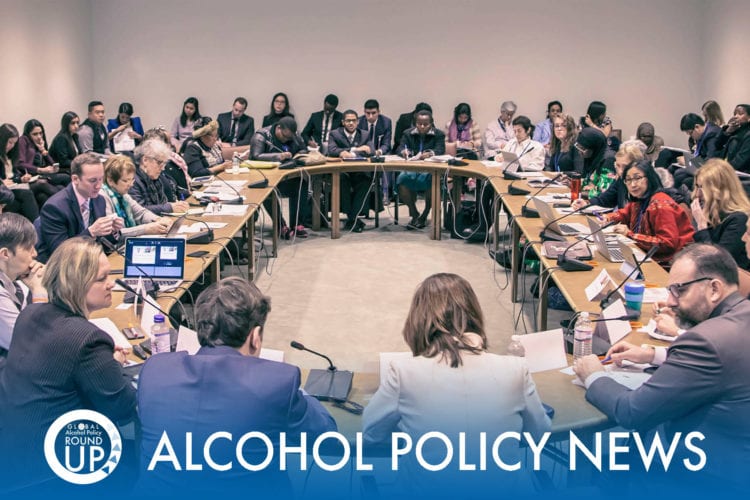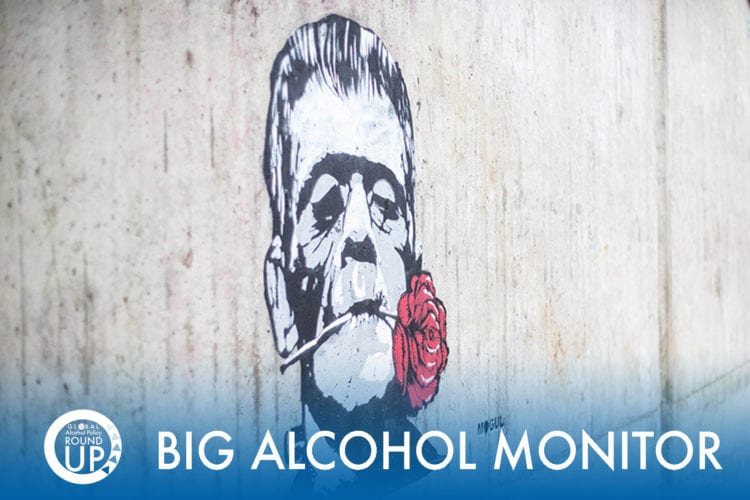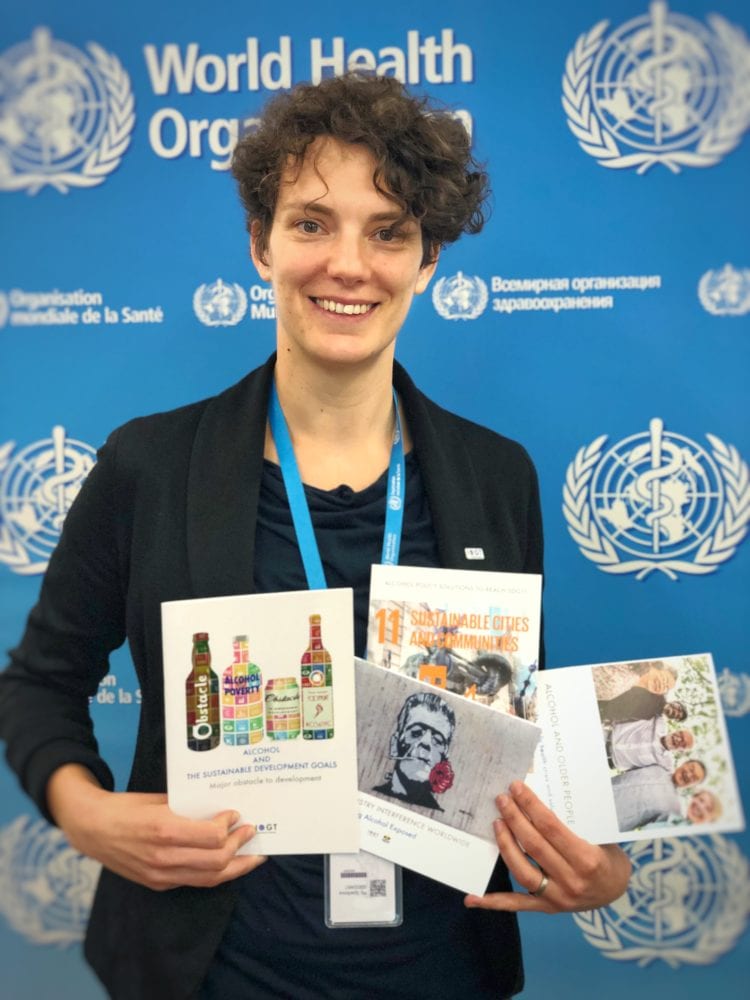Week #23 Global Alcohol Policy Round-Up
WORLDWIDE WEEKLY ALCOHOL POLICY, SCIENCE HIGHLIGHTS
Welcome to another week of carefully curated alcohol policy news, latest science updates and exposing Big Alcohol.
Special Feature
This week we feature not one, but two new resources. Scroll down to find a brand new booklet about alcohol and NCDs. And check out below our fresh new world map of alcohol industry interference and the mapping of Big Alcohol and its global lobbying front group.
Content
For week 23, our Global Alcohol Policy Round-Up contains:
- Alcohol policy updates come from South Korea, Bhutan, Estonia, and Northern Ireland.
- Fresh science updates about alcohol taxation in the EU and about the mental health of medical doctors in the UK.
- Our Big Alcohol monitor exposes a raging beer war in Vietnam, marketing tactics to hook young people, and self-regulation failure in the EU.
South Korea: Government Updates Beer Tax
The South Korean government has decided to tax beer based on volume and content as opposed to the cost.
Bhutan: Easy Alcohol Availability Major Issue
According to a new report, easily accessible, cheap industrial alcohol is a major challenge for alcohol control in Bhutan.
The report, prepared by the Good Governance Committee, was submitted for deliberation at the on-going 23rd session of the National Council (NC). It was reported that as of November 30, 2017 the number of bars had increased to 4,118.
Given pervasive alcohol harm and the absence of comprehensive policy solutions, the committee recommended that government focus on addressing the issues, affirmative actions to ensure responsible parenting, affordable recreational facilities, rehabilitation services and to explore taxation and pricing policy.
Estonia: Alcohol Use Hits 10 Year Low
Consumption of alcohol in Estonia has decreased to the lowest level seen in a decade, reports an analysis entitled “Estonia’s alcohol market, consumption and policy in 2018.”
Last year, Estonian residents consumed an average of 10.1 liters of pure alcohol per capita. This is the lowest reported level of alcohol consumption over the last decade.
While the progress of 2018 is significant a threat to this achievement is looming over Estonia. The country achieved this progress in 2018 on reducing alcohol harm through the implementation of evidence-based alcohol control policy, including raising alcohol taxes. Unfortunately the new Estonian government has decided to slash the alcohol tax by 25%.
Northern Ireland: High Costs of Alcohol Problems in Older People
Alcohol problems among older people (over 50 years of age) in Northern Ireland is costing the health service £125 million per year. The number of alcohol-related deaths in Northern Ireland reached the highest level since records began in 2001. The largest number in deaths in 2017 was among those aged 45-54, closely followed by those aged 55-64.
Northern Ireland: High Costs of Alcohol Problems in Older People
Comparing Alcohol Taxation throughout the European Union
Research Article
Does occupational distress raise the risk of alcohol use, binge-eating, ill health and sleep problems among medical doctors? A UK cross-sectional study
Occupational and environmental medicine
Research
Vietnam: Beer War Unfolds As Country Discusses Alcohol Law
Big Alcohol Targets Millennials With “Wellness” Products, Youth-Specific Marketing
Big Alcohol Targets Millennials With “Wellness” Products, Youth-Specific Marketing
EU: Liquor Industry Lets Down Consumers (Again)
Special feature: Brand new material
New Resource #1: World Map of Big Alcohol Interference
IOGT International has released a brand new resource to map the global alcohol industry, reveal Big Alcohol’s lobbying front group and to illustrate concrete case stories of alcohol industry interference from around the world.
Download the new mind map for free, here (PDF).
New Resource #2: Alcohol and NCDs – Harm and Solutions
IOGT International has released a brand new resource to illustrate how alcohol fuels the global NCDs tsunami – based on latest scientific evidence – and to outline cost-effective solutions for change.
Download the new booklet for free, here (PDF).




